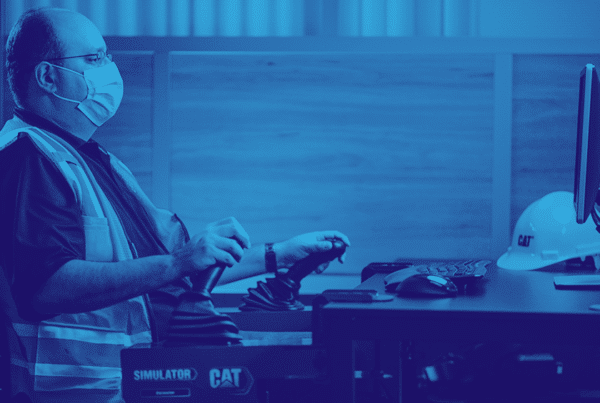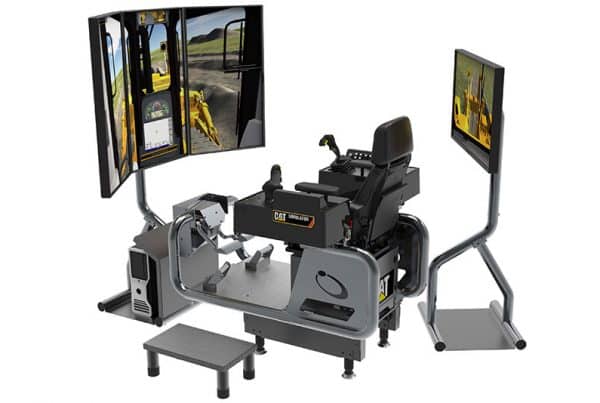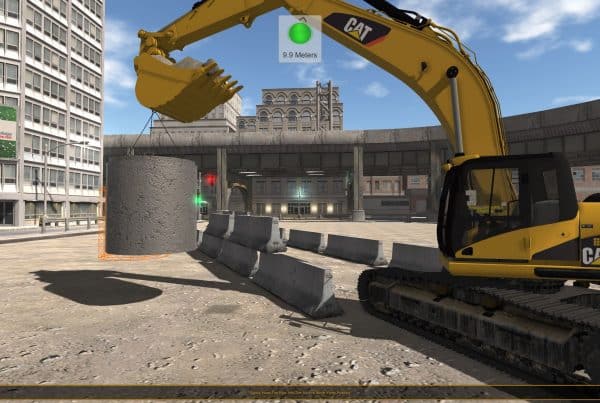Reading how to do something can transmit an idea, but not as efficiently as being told, and those who are shown have even greater absorption of the information being conveyed. Hands-on training, however, allows people to immediately use the skills they’re being taught, meaning they will have an even better chance of learning and understanding the tasks before them. This situation may not always be practical for all learners or professions, but simulator development is putting this option into more people’s range.
Many of these applications are focused on career-building tools, but this isn’t the only way simulator development can be used. Finding unique and practical uses for these tools is one of the best challenges to innovation a business can come up with, but when a complicated task can be made easier, any company or private person can find benefit in these custom training solutions.
Custom kitchen solutions
Learning to cook can be a precise and sometimes frustrating process, but it is an essential life skill when it comes to proper nutrition and saving money. Mastering this craft may not be as intuitive to some as it might come to others, and learning has always been a trial and error system, but with simulator learning, home cooks and professionals alike can gain a better mastery of simple techniques as well as proper preparation methods without harming themselves or wasting food.
A simulator experiment was conducted by the Tokyo Institute of Technology, according to CNET, that established a cooking simulator was as possible as it was viable. The system relied on a specialized frying pan and stove setup that projected food and utensils onto the cooktop, even replicating the look and feel of cooking with real ingredients. This allows cooks of all backgrounds to experience preparing different kinds of meals with intensive instruction, ensuring future success when using real tools.
Using unique operations
Cooking may be a routine practice, but the same use of simulator development can be employed in much more delicate and specialized scenarios. Sometimes life support devices and other critical tools can benefit from the use of this training without having a real patient present, just like cooking without real heat and food can prevent injuries.
WRAL TV published an article pertaining to a robotics program at Duke University that uses simulator training to encourage students to work with operating devices they otherwise might not have encountered except in real surgical suites. This allows surgeons to enter the workplace much more prepared to work with actual devices, thereby making them more valuable potential hires and better doctors in general when it comes to performance in the operating room.
“These robots are very heavily used clinically,” said Dr. Ranjan Sudan, one of the teachers in the training program, “and so that leaves less time for novices to really practice on the robot.” He told WRAL that the purpose of such specialized equipment was to make surgeons more accurate and less prone to unintentional errors.
In order to receive the best possible training before put into a reactionary position, use simulator development to improve performance. CSE Software Inc. can devise a solution to fit any business’ needs. The CSE Serious Games Development Team has the experience to design, develop and deploy simulations for any industry, from business simulations to medical device simulations to heavy equipment simulators (complete with working hardware).
Contact Stacey Burris at sburris@csesoftware.com or 1.309.670.7595 and ask for a simulator development demo today!



